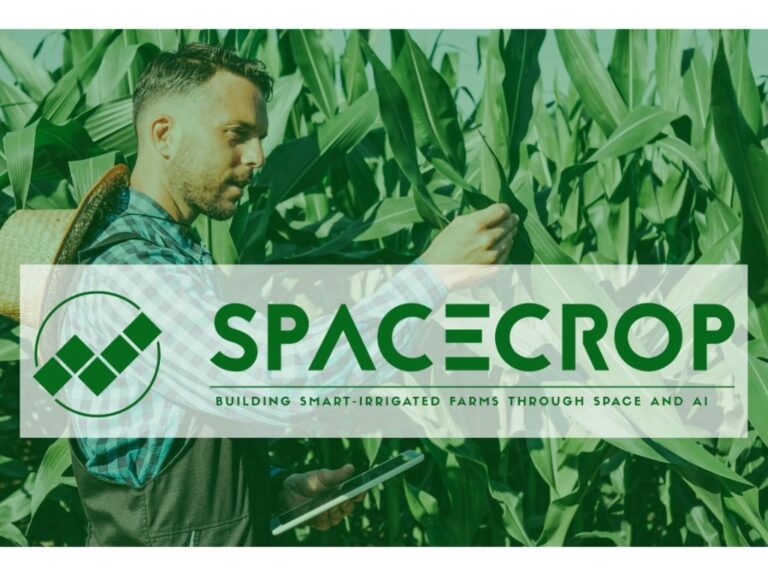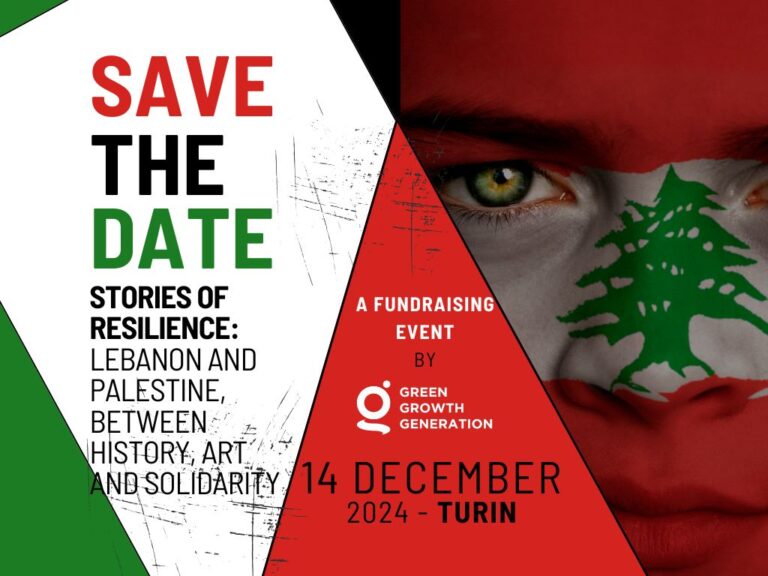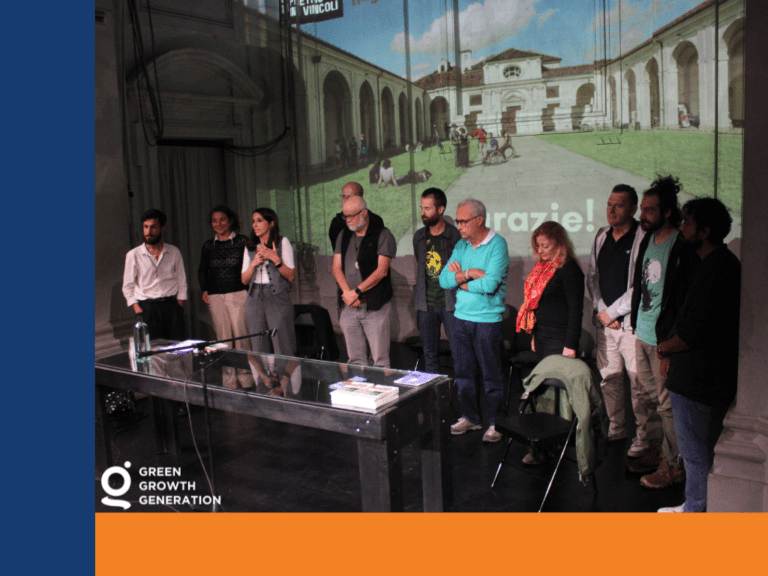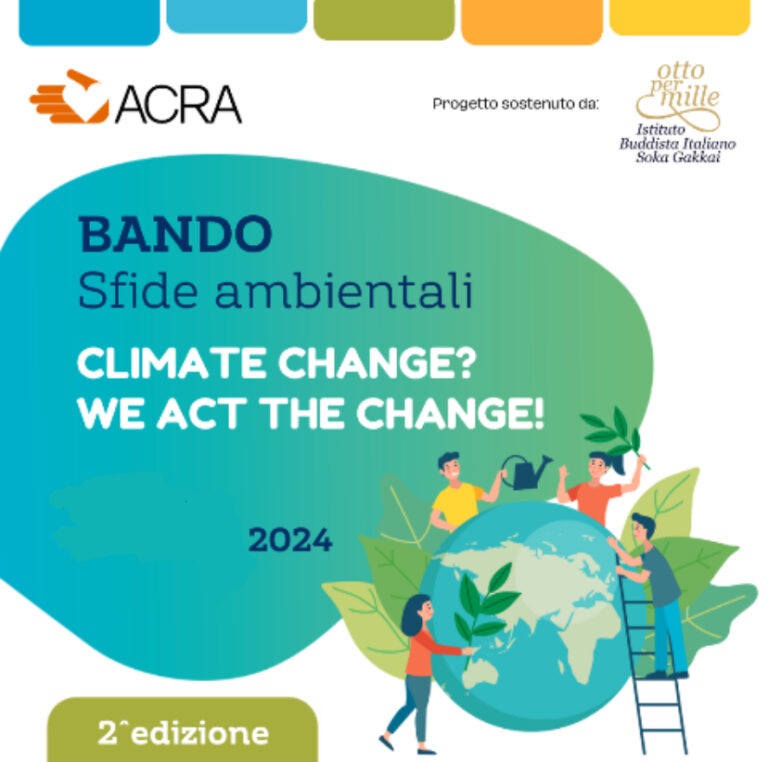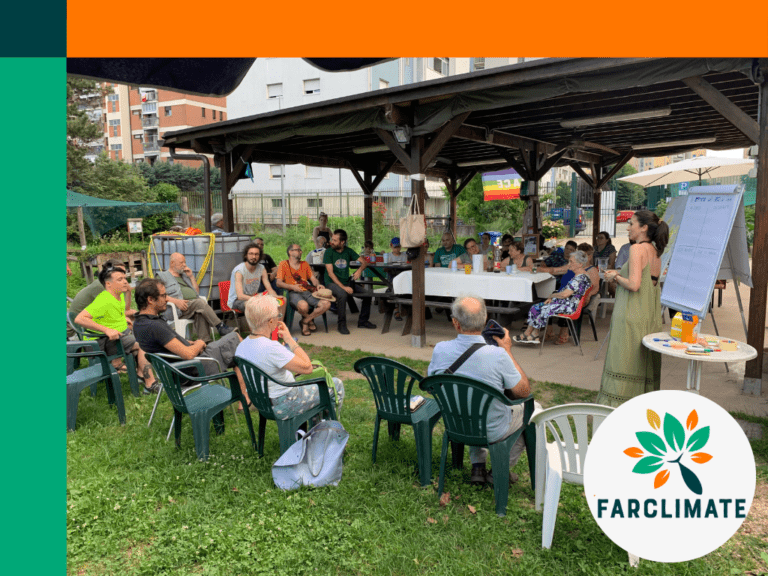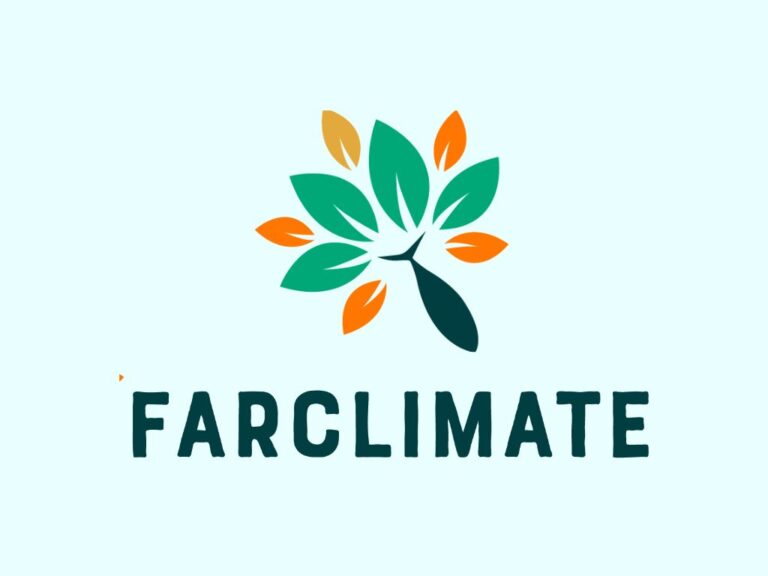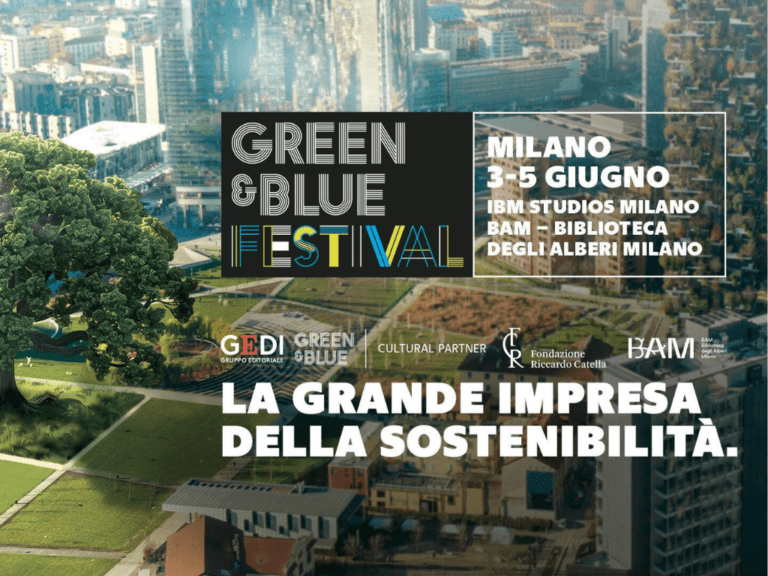
Discover all the fields we operate in and be part of the Green transformation



Main topics
What we are talking about
Sustainable practices
In this space, we explore sustainable practices that can help preserve and protect our planet for future generations.
Reducing one's ecological footprint starts with our daily choices: let's examine how to adopt a more sustainable and environmentally friendly lifestyle. Learn about the latest trends, practical tips and success stories in sustainability. planet for future generations.
Community Practices
In this section we explore local projects and initiatives that improve the quality of life in our communities, from sharing resources to creating inclusive spaces.
Learn how actions at the local level can have a positive impact globally ("Think global, act local.") We highlight community practices that promote collaboration, inclusion and people's well-being.
Social Impact
In our social impact blog, we examine initiatives and strategies that lead to meaningful change in society.
From advocacy projects to empowerment initiatives, we explore how individuals and organizations are working to address pressing social challenges and promote equity and justice. Join us as we explore stories of change and inspiration that demonstrate the transformative power of social action.

New European Bauhaus
In this section, you will discover a variety of creative and innovative projects that reinterpret the principles of the New European Bauhaus (Sustainability, Beauty, Inclusion) to address contemporary challenges. From architectural solutions that integrate nature and technology to the design of products and services aimed at promoting circularity and sharing, we explore ideas that transform the way we live, work and connect.
By creating bridges between different contexts, engaging different disciplines and relying on multi-level participation, the New European Bauhaus inspires designs to facilitate and guide the transformation of our societies along three inseparable values:
- Sustainability: from climate goals to circularity, pollution elimination and biodiversity
- Aesthetics: quality of experience and style in addition to functionality
- Inclusion: from valuing diversity to ensuring accessibility and affordability
Some data
The damage caused to the environment
The Road to the United Nations Sustainable Development Goals.
First half of 2024
News
Let's talk about sustainability
On green growth


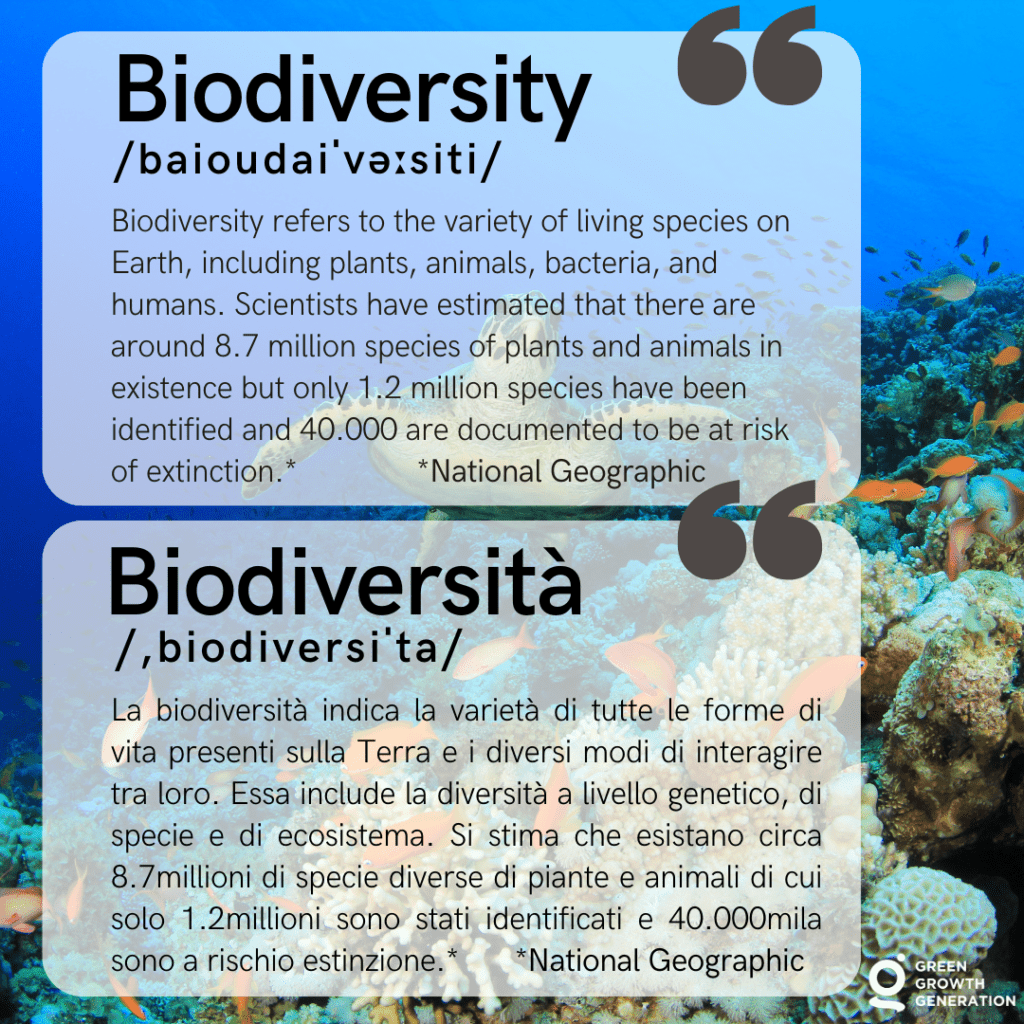



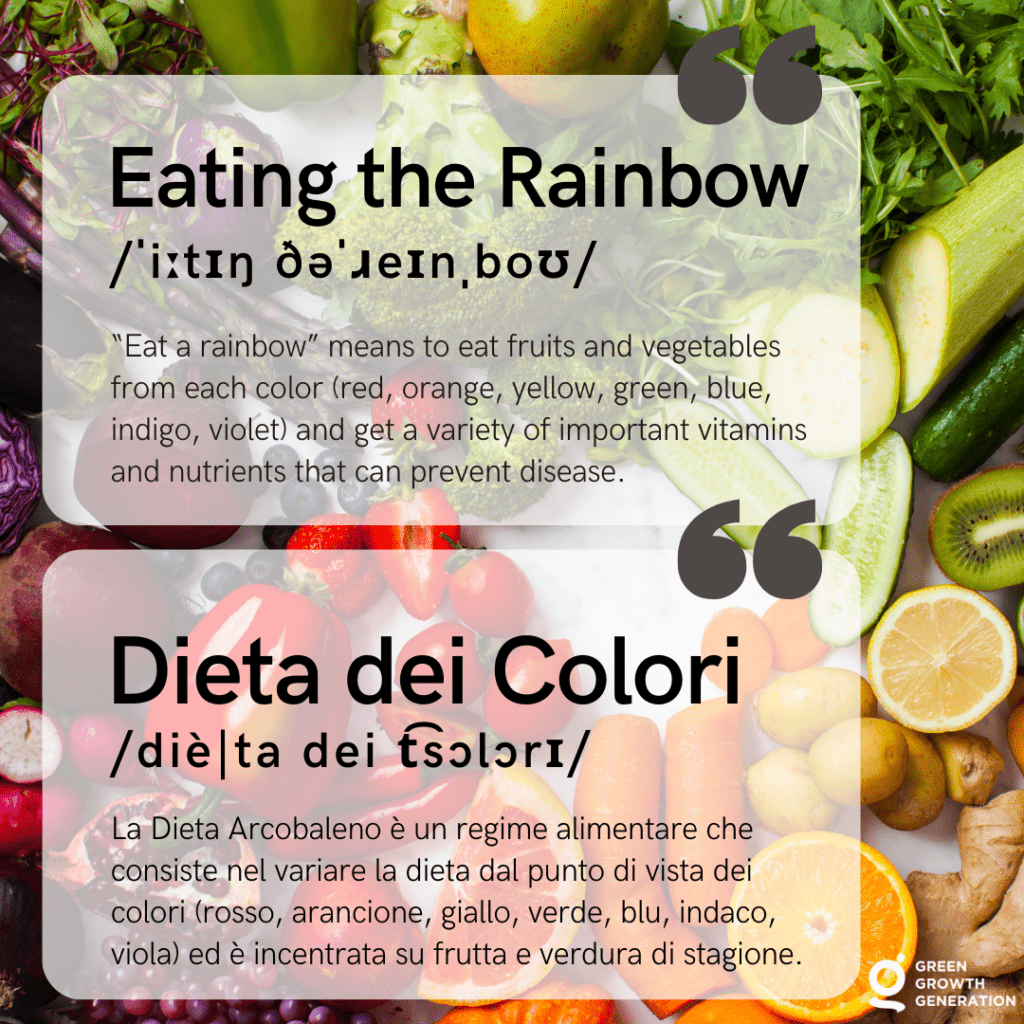
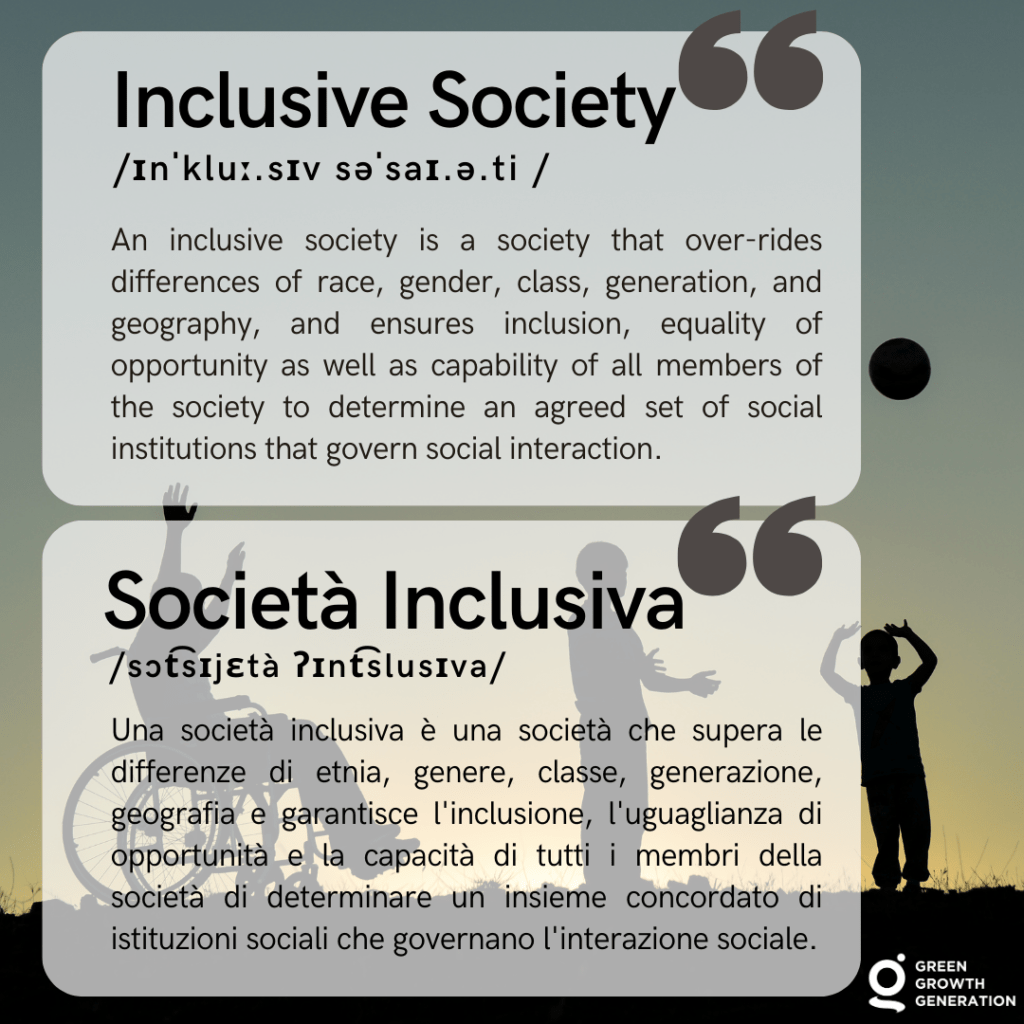

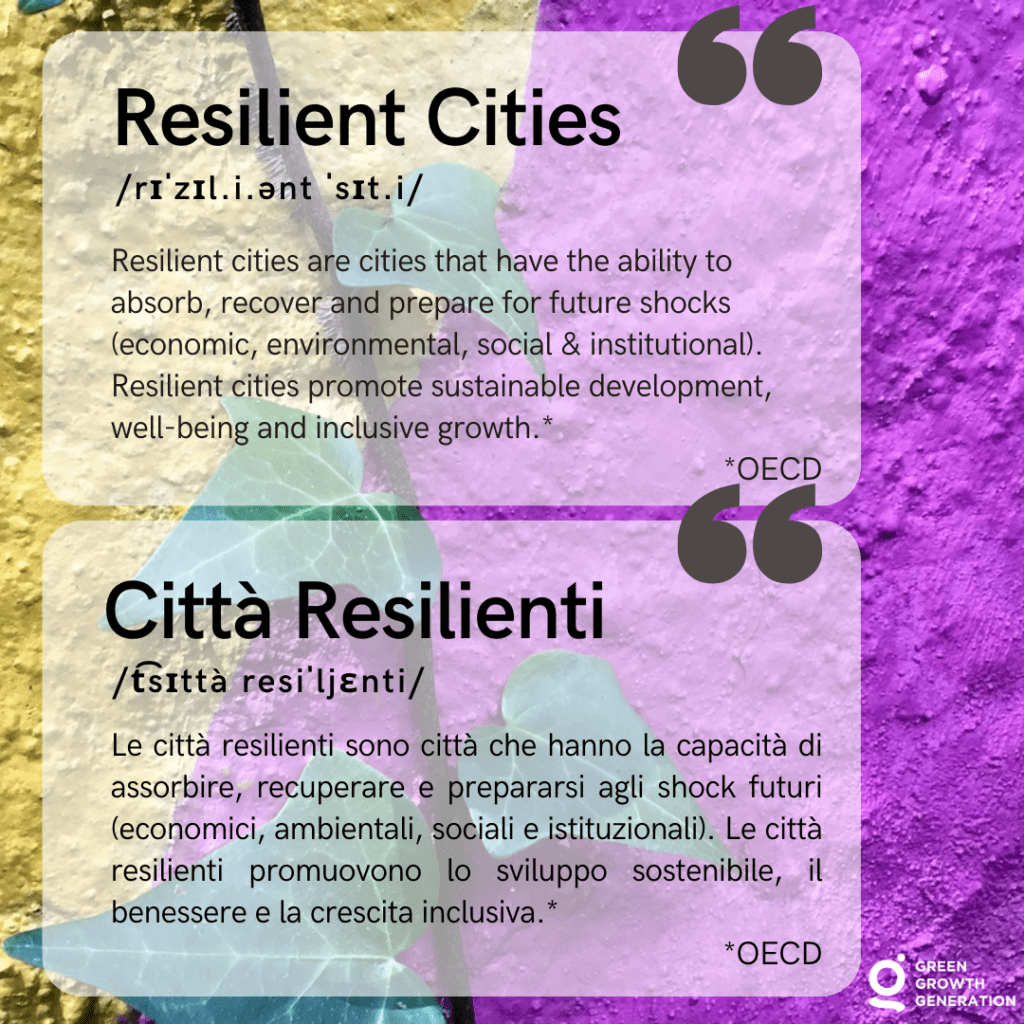
In a nutshell.
Trivia Pills

Real “pills” of curiosity to better understand and digest the challenges of the modern world. From social issues to environmental issues to the United Nations SDGs, in this section the GGG team wants to offer you the most effective keys to best interpret these topics.
From Goal 4 of the UN SDGs: “Ensure that all children, youth and adults, have access to education and training appropriate to their needs and the context in which they live.”
History, culture and traditions change from country to country, also influencing the educational system, each with its own peculiarities. In this Pills we look at some of them.
- China: Chinese schools and universities opt for machine learning, preferring repetition and memorization of concepts over critical thinking.
- Sweden: the learning process of the youngest children places great focus on themes such as play, community spirit, and respect for differences. After all, Sweden is the cradle of the welfare system!
- Japan: being diligent and working hard, but also kindness and compassion, these are the values behind the Japanese school system.
- Germany: German schools promote the habit of critical thinking early on, encouraging children and young people to tackle problems creatively and ‘out of the box’.
- United States: interact, ask questions, discuss together. These are the cornerstones of US teaching, which prefers the direct student-teacher approach to the ‘mechanical’ model.
What do you think? Have you experienced other educational systems?
Every year, about 2 billion people travel around the world for tourism purposes. Traveling allows us to open our minds and bodies to new experiences, new people and distant cultures.
Here are some suggestions so that you can make the most of your next trip while respecting your surroundings!
- ‘Do your homework’: make a detailed list of things to do and places to see, this way you will save time by avoiding unnecessary travel!
- ‘Buy local’: by buying local products, you promote the growth and development of local communities while zeroing the impact related to the transportation of products.
- ‘Be water wise’: around the world, more and more countries are beginning to cope with a lack of clean water. When we are in the hotel, we ask not to have our sheets changed every day!
- ‘Don’t feed the animal’: the best way to respect nature is to leave it alone. Animals survive even without our snacks and chips. This will also prevent the potential spread of disease.
- ‘Don’t leave a trace’: you can leave a mark by not leaving signs of your passage. Pick up trash, and don’t touch anything without permission!
And you, what kind of tourists are you? Were you already careful to follow these behaviors?
Every year in the world, about 1.3 billion tons of food is lost or thrown away. A figure that jars with the more than 730 million people who continue to suffer from hunger.
SDG 2 reads, “End hunger and achieve food security.” Among the many organizations working for this purpose, we would like to mention:
- ‘REFOOD’, in Portugal: a project involving the entire community – citizens, supermarkets, restaurants – in a virtuous circle aimed at zeroing food waste.
- ‘Food Cycle‘ in Great Britain: thanks to the valuable contribution of volunteers, surplus food is transformed into nutritious meals for needy individuals and families.
- ‘Foodloop’, in Germany: an app that allows grocery stores to offer customers expiring products at reduced prices. For portfolio sustainability as well!
Are you also involved in similar projects? Contact us to join forces and collaborate together!
The United Nations SDGs 15, “Life on Land,” aims to protect, restore and promote the Earth’s ecosystem. Extreme weather events are increasing, as are projects aimed at addressing this crisis.
Among the many in the world, we have selected four extremely interesting ones:
- ‘Coastal Zone Adaptation.‘, in Tanzania: a project that includes the restoration of mangrove forests to protect coastal communities from flooding.
- ‘Targarnine‘ in Morocco: associations and local communities together to restore the Argan Forests, a particular tree found exclusively in that region.
- ‘Pragati‘, in India: a project aimed at supporting castor bean farmers, combining environmental and economic sustainability.
- ‘Watershed Forest Restoration‘, between Brazil and Paraguay: active since the 1970s, this project combines careful watershed management for hydropower generation.
Do you know of any other interesting projects? Send us your proposals, we are curious to discover new ones!
In 2021, an average of 189 kilograms of packaging waste was generated per inhabitant in the European Union, with more than a third of this not being recycled. An exorbitant number, with nefarious consequences for our health and that of the planet.
There is a need for big industry to move toward adopting eco-friendly and biodegradable materials, following the example of many start-ups:
- Humus Pak, in the United States: this company uses cornstarch residues to produce highly durable shipping bags.
- THEKA, Turkey: start-up offering molded and compostable cellulose-based fiber packaging solutions.
- Source Green, in Hong Kong: Is it possible to use hemp, bamboo and seaweed to produce high-temperature resistant food containers? Source Green will tell you yes!
- Papair, Germany: the Hanover-based company’s trademark recycled paper bubble wrap, ideal for shipping the most fragile products!
- Uuvipak, in Australia: starting with a simple cereal flour, the Brisbane start-up makes 100% edible cups, plates and cutlery for totally plastic free parties!
Are you also involved in similar projects? Contact us to join forces and collaborate together!
Gender equality is not only a basic human right, but also the necessary basis for a peaceful, prosperous and sustainable world. Around the world, there are thousands of women and feminist movements fighting for gender equality every day to achieve the UN SDG 5 goals once and for all.
- ‘Women of Iran’: in 2022, in various Iranian cities, thousands of people took part in protest movements to call for improvement in women’s living conditions. Women, Life, Freedom!
- Rashmi Misra: She is the founder of VIDYA, a nonprofit association that runs several schools in the poorest neighborhoods of New Delhi and Mumbai, providing even the most disadvantaged children with a proper education.
- Nanfu Wang is a Chinese filmmaker and documentary filmmaker. “Hooligan Sparrow” recounts a series of sexual assault cases involving influential local politicians, and hitherto kept under wraps.
- Liya Kebede: An Ethiopian model and activist, in 2005 she created a foundation aimed at training health workers who specialize in assisting mothers during childbirth.
- In Saudi Arabia, women are still considered second-class citizens. During the Arab Spring, Safa al Ahmad filmed several feminist demonstrations of civil disobedience.
- Brittany Packnett is the co-founder of “We The Protestors” and “Campaign Zero,” two movements committed to fighting U.S. police violence toward the African American community.
What ideals are closest to your heart? Have you ever taken part in organized manfestations?
Goals
The SDGs indicators of Green Growth
become a GreenGrowers
Join us to co-create projects that will help make our future more sustainable, inclusive,and quality-for all. Your support will amplify our impact and network
become a partner

E-mail: info@greengrowthgeneration.com
VAT NUMBER: 09957421218
PIC EU NUMBER: 886959465
Where you can find us – Anywhere


